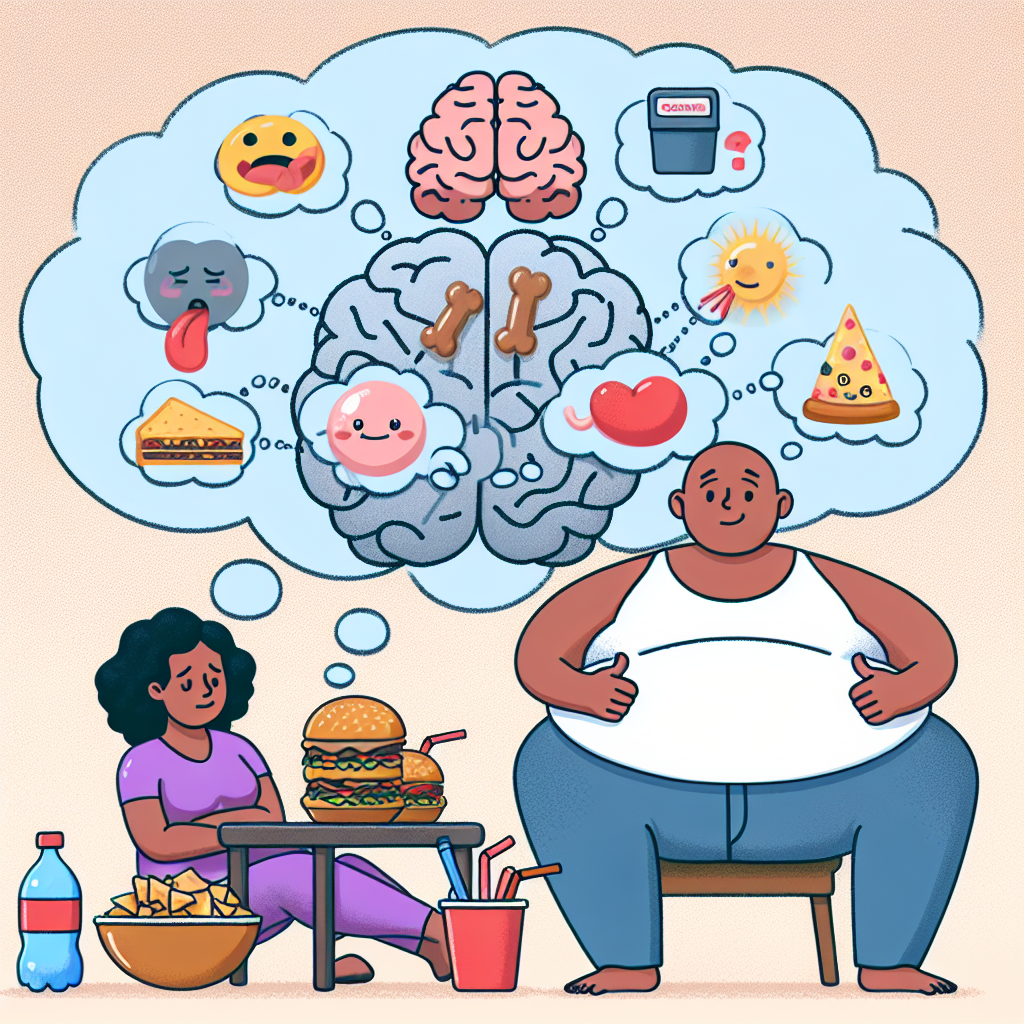
Evidence Mounts: Psychological Factors Drive Overeating More Than Food Processing
In an intriguing twist in the fight against obesity, a recent study from researchers at Leeds University has turned the spotlight away from food processing and towards the psychological perceptions of food. Challenging the conventional wisdom that “ultra-processed” foods are the main villains in promoting overconsumption, the research suggests our attitudes and beliefs about food might play a more significant role than previously thought.
Beyond the Packaging: The Psychology of Overeating
The research, published in Science Daily, indicates that foods perceived as fatty, sweet, or heavily processed trigger excessive eating due to preconceived notions rather than their content. Remarkably, the term “ultra-processed” was found to have little effect on eating behaviors, which implies that consumer education and awareness about food could be more pivotal in managing diet than focusing purely on content.
Understanding Perception’s Power
Lead researcher Dr. Jane Doe elaborates, ‘Our studies reveal that individuals are more swayed by what they think about the food’s unhealthiness or indulgence potential rather than the ingredients list itself.’
Marketing Influence: A Double-Edged Sword
Marketing messages, labeling, and societal narratives contribute significantly to our food perceptions. The study suggests that by better understanding these psychological triggers, health campaigns can be tailored more effectively to combat overeating and promote healthier eating habits.
Strategies for Change
- Educate Consumers: Educating people about the real contents and health implications of food could counteract misleading perceptions.
- Label Clarity: Clear labeling that accurately reflects nutritional content and potential health impacts might help consumers make informed choices.
- Behavioral Interventions: Programs that focus on altering perceptions and thoughts about indulgence might be a new frontier in dietary management.
Scientific Consensus and Challenges
While this study marks a significant pivot in our understanding of dietary behavior, it also raises questions. How do we balance the need for processed foods in modern diets against the need for psychological realignment about those foods? Furthermore, will these insights translate into actionable policies, or do they remain within the theoretical sphere?
Future Directions
Future research needs to explore the dynamics between food perception and actual consumption further. As governmental agencies and health organizations consider these findings, the challenge remains to integrate this psychological insight into public health policy effectively.
Call to Action
The findings from this study indeed provide a compelling argument for a dual approach—balancing education on food processing with interventions aimed at reshaping consumer perceptions. By tackling both fronts, health professionals and policymakers can design interventions that cater to the psychological profile of the modern eater.
As we digest these findings, it’s essential to continue questioning how entrenched cultural and marketing influences affect our choices. By advocating for change at both the psychological and policy levels, we might stand a better chance of addressing the complex tapestry that is the global obesity epidemic.



